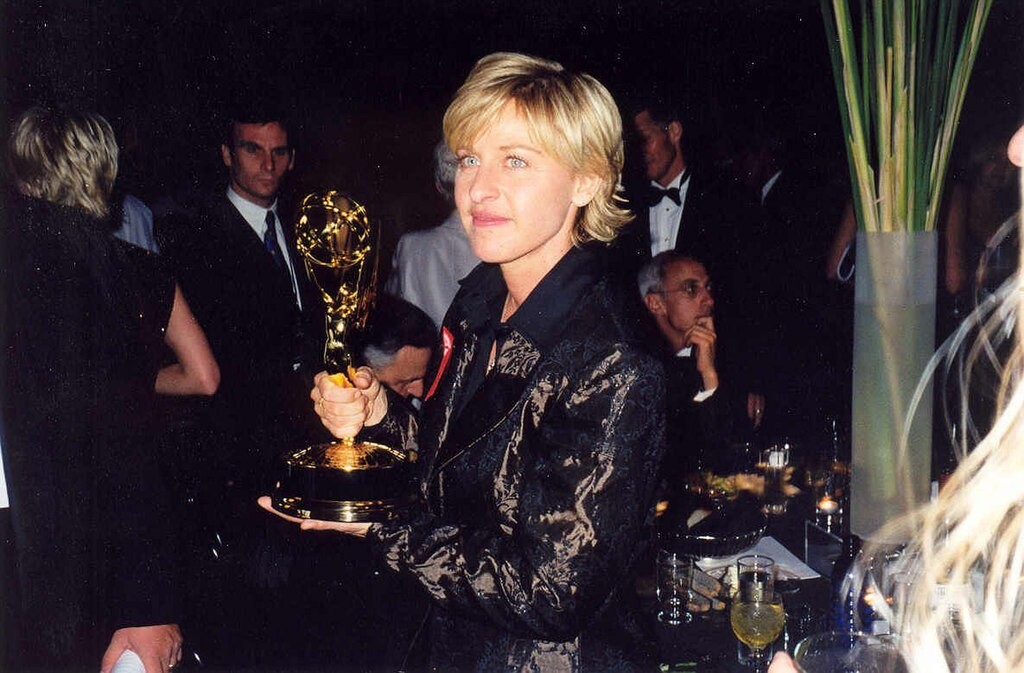Prison labor is a highly controversial practice that people love to argue over. It’s painted as rehabilitation and rewarding work, usually by people who haven’t cleaned their own bathroom in 20-plus years. No point requires more mental acrobatics, though, than the people who point to it giving the prisoners a “nest egg” of money when released. Given that prison labor often pays to the tune of 25 cents an hour, putting it safely below the earning power of a child’s lemonade stand, it’s not an egg that’s going to make any financial omelettes come freedom. Seems like you could achieve all the other bullshit reasoning while also paying a living wage, so it’s almost like that part might be more about shareholder meetings than character-building.
5 Wholesome Companies Built on a Mountain of Lies

In a development that surely drives corporations to the ends of their wits, people in recent years have started to actually care about where their products come from. Turning a profit was much easier when people were just excited to see a cheap TV and didn’t know how many workers threw themselves out the factory windows in order to make that happen. Now, to their chagrin, companies have to find a way to both turn a profit and pay their employees fairly, taking away the premier profitability cheat code and forcing them to develop a viable business model.
It’s a tough squeeze, especially now that just making money isn’t enough for most companies anymore. They have to exhibit constant growth, no matter how profitable or huge they are. I mean, in the year 2023, shareholders are still expecting McDonald’s to get bigger. It’s unsustainable, so it’s no surprise that some companies are more incentivized than ever to try at all costs not to expose their less-than-savory beginnings or business practices.
Here are five feel-good companies that aren’t quite so lovely beneath the surface.
5Lisa Frank

Lisa Frank, beloved adorner of binders across the country, appears to be overwhelmingly positive on the surface. That’s not entirely a figurative statement, given that the aesthetic they’re known for — and that they’ve built an empire around — is eye-soreingly saccharine. It’s a mishmash of every overly positive thing you can think of: Big-eyed animals of the most adorable variety, rainbows stretching over oceans and a color palette stolen from a kindergarten wall.
Unfortunately, there are no rainbows or grinning dolphins present in the actual work environment at Lisa Frank. Instead, in Tucson, where the company is based, it’s known as not only an unideal but genuinely cruel employer. Tucson Weekly looked into the reputation and interviewed past employees, and they didn’t receive much, if any, disagreement. One local who was considering a job there said, “Every single person I talked to advised me to avoid Lisa Frank at all costs. I didn’t know a single person who had not heard horror stories about the work environment there.”
Basically, there’s a good chance that the person drawing up that technicolor tiger on your pencil case was crying while they did it.
4Whole Foods

There aren’t many companies that more effectively monetized feel-good consumerism like Whole Foods. They rocketed on the scene, and informed anyone that the asparagus they were previously buying was evil, and they had morally superior asparagus for only a $2 up-charge. It’s not like the entire industry of so-called “organic” food is on the up-and-up, so it’s unsurprising that Whole Foods isn’t precisely the saintly distributors of manna from moral sources they paint themselves as. One particular pickle they got caught in was when it was revealed that some of their products, specifically some fish and cheeses, were produced by prison labor.
3Ellen

People like to think that the feelings they have about a star or a TV show or movie apply to the production from top to bottom. This might be why it became such a big story when everyone found out that Ellen DeGeneres was, despite the singing, smiles and dorky soft-shoe, a nightmare behind the scenes. Of course, it was a little less surprising for people who already worked in entertainment, knowing the prevalence of dull, shark-eyed sociopaths when it comes to media success. But she gave all those people hugs on camera!
2Kellogg’s

The sugar-packed bits and bobs contained within boxes bearing Kellogg’s branding are a key piece of childhood nostalgia. It’s tigers in bandanas and rainbow-beaked toucans all the way down. They’re an essential bit of the landscape of worry-free saturdays, along with animated cartoons and never having paid rent or watching a romantic relationship dissolve. Just sugar, milk and good vibes.
The original cereal this breakfast dominance is built on, though, has a history that was literally designed to keep people from feeling good. John Harvey Kellogg, the creator whose name adorns the corner of breakfast cereal boxes everywhere, was a highly religious physician. If you think that sounds a little at odds with sweetened fruity loops, you would be right. He invented the far less fun classic corn flake, and for one specific reason: to stop people from cranking off. He thought that highly flavorful foods were borderline aphrodisiacs, and as a chaste alternative, created the entirely personality-free crunch of the corn flake.
1Fidelity Charitable Gift Fund

The companies above might want to be identified as fun and friendly, but they at least don’t make any legal, official claims of do-goodery. The same isn’t true of the Fidelity Charitable Gift Fund, a branch of Fidelity Bank intended to distribute funds to qualifying charities. The problem is, it turned out it was incredibly easy to qualify, even if the charitable cause in question was considered by the Southern Poverty Law Center to be a hate group.
The word “charity” usually implies delivering toys to titular tots, not funding gay conversion therapy. Fidelity says the fund is meant to be “cause-neutral,” which is pretty much the most spineless two-word combination I’ve ever heard. Sure, everybody wants to save the whales, but it’s important to equally fund the “Kill the Whales” movement.





